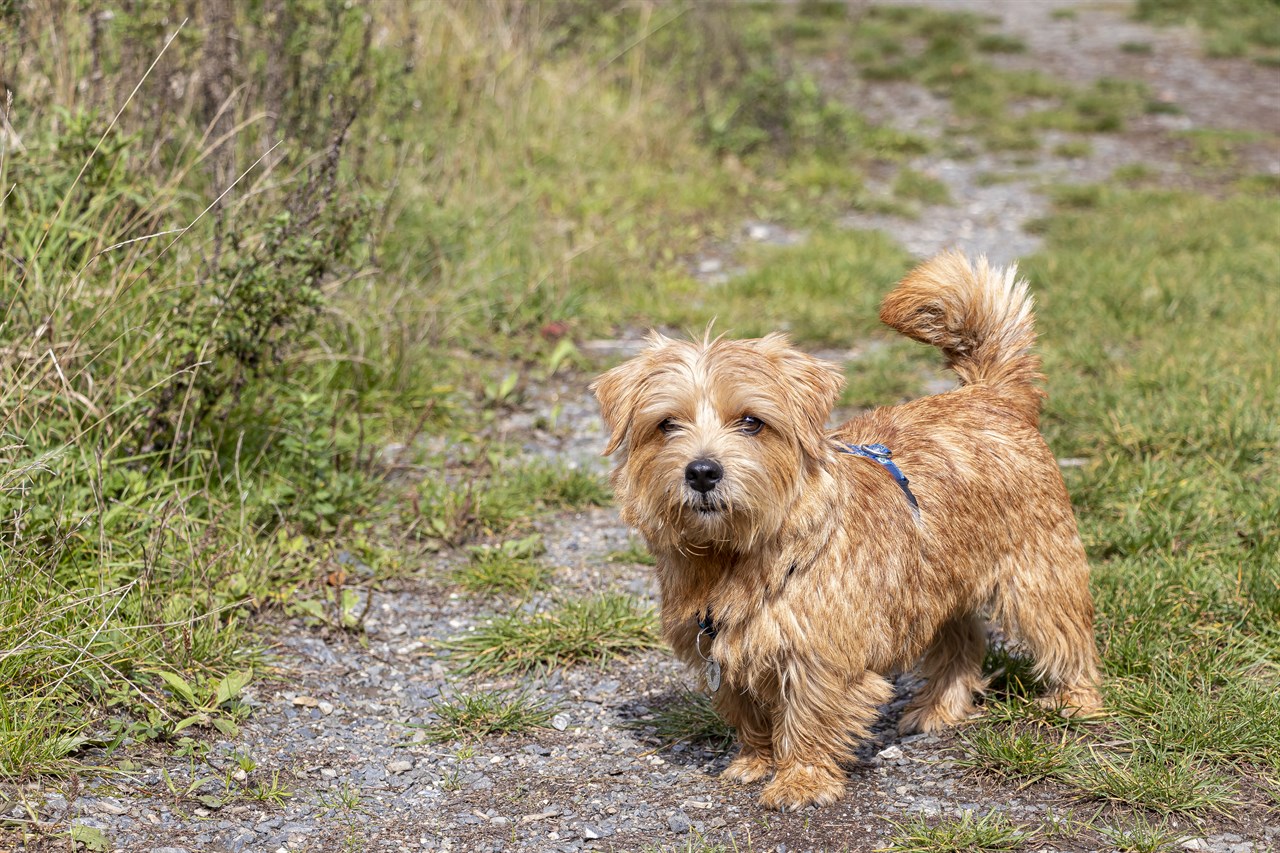Common Health Issues of the Norfolk Terrier

Norfolk Terriers are generally a robust and healthy breed, but like all dog breeds, they can be prone to specific health issues. Responsible breeding practises can help reduce the risk of some of these conditions, but it's essential for Norfolk Terrier owners to be aware of potential health concerns. Here are some common health issues that Norfolk Terriers may face.
Patellar Luxation
Patellar luxation, or kneecap dislocation, is a common orthopaedic issue in Norfolk Terriers. It occurs when the kneecap slips out of its normal position, causing discomfort and lameness. In some cases, surgical intervention may be required to correct severe luxation.
Hip Dysplasia
Hip dysplasia is an inherited condition where the hip joint doesn't develop properly. This can lead to arthritis and mobility issues. Responsible breeding practises can help reduce the risk of hip dysplasia, but regular veterinary checkups and monitoring are essential.
Heart Issues
Norfolk Terriers can be prone to heart diseases such as mitral valve disease (MVD), a common heart condition in small breeds. Regular cardiac checkups are crucial to detect and manage these conditions early.
Eye Problems
Some Norfolk Terriers may develop eye issues, including cataracts and glaucoma. Regular eye examinations by a veterinary ophthalmologist can help detect and manage these conditions.
Dental Problems
Like many small breeds, Norfolk Terriers can be prone to dental issues such as periodontal disease. Regular dental care, including brushing and professional cleanings, is essential to maintain their oral health.
Allergies
Norfolk Terriers can be susceptible to allergies, including food allergies and environmental allergies. Allergic reactions may manifest as skin problems or gastrointestinal issues. Identifying and managing allergies may require dietary changes or allergen avoidance.
Obesity
Norfolk Terriers have hearty appetites, and without proper portion control and exercise, they can become overweight or obese. Obesity can lead to a range of health problems, including joint issues and diabetes.
Hypothyroidism
Hypothyroidism is a condition where the thyroid gland does not produce enough thyroid hormone. Symptoms may include weight gain, lethargy, and skin problems. Hypothyroidism is manageable with medication.
It's important for Norfolk Terrier owners to work closely with veterinarians who are familiar with the breed's specific health concerns. Regular checkups, a healthy diet, appropriate exercise, and preventive care can go a long way in ensuring the well-being of your Norfolk Terrier. Responsible breeding practises, including health screening of parent dogs, can also help reduce the risk of inherited conditions in the breed.
Norfolk Terrier puppies for sale
- Find Norfolk Terrier puppies for sale in ACT
- Find Norfolk Terrier puppies for sale in NSW
- Find Norfolk Terrier puppies for sale in NT
- Find Norfolk Terrier puppies for sale in QLD
- Find Norfolk Terrier puppies for sale in SA
- Find Norfolk Terrier puppies for sale in TAS
- Find Norfolk Terrier puppies for sale in VIC
- Find Norfolk Terrier puppies for sale in WA